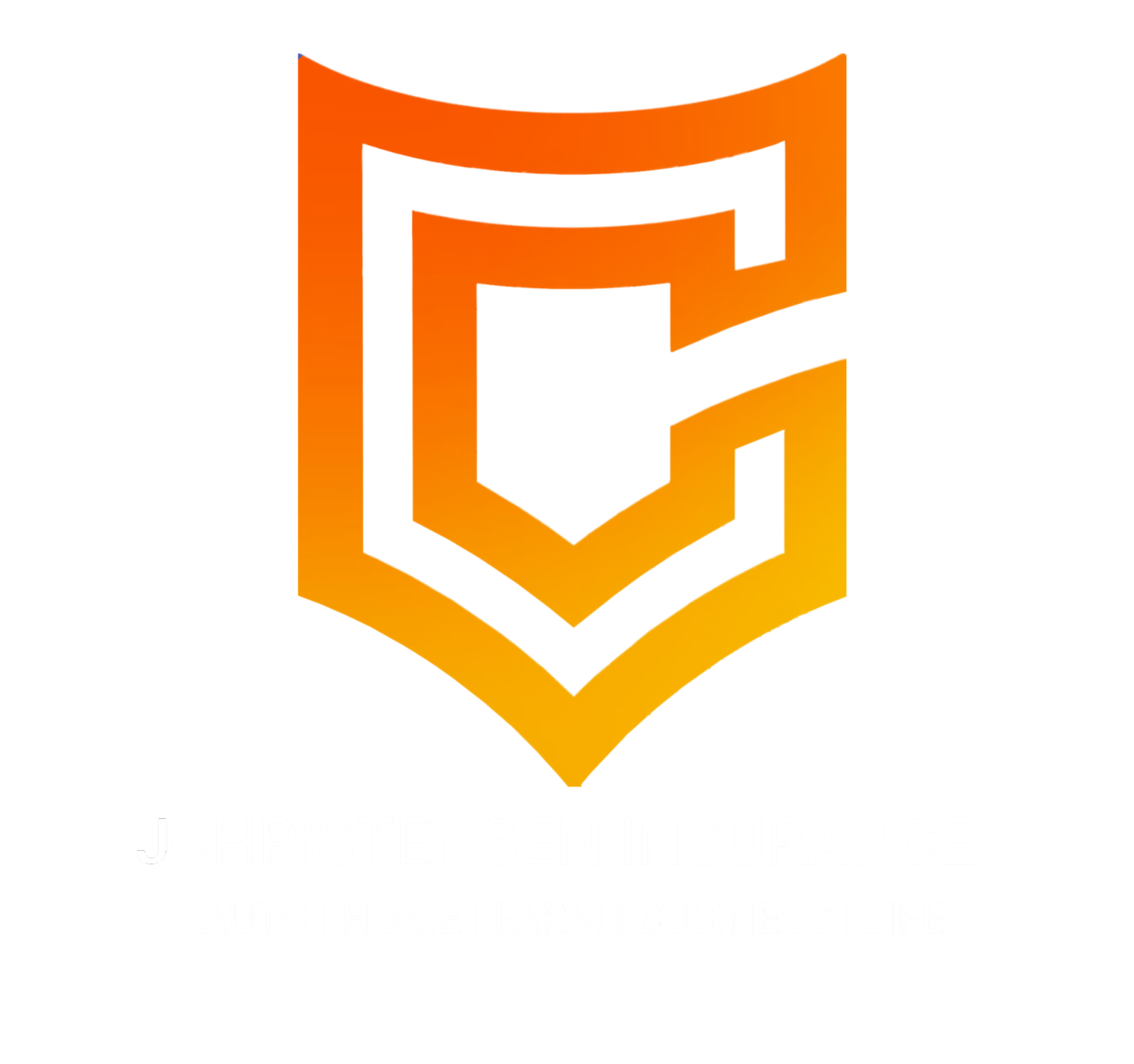What Should I Do If My Car Gets Towed?
It’s a common mistake: you may not have noticed the “No Parking” sign, or you might have thought that nobody would notice that you were parked illegally while you ran into the store for just one thing. Coming back to find that your car is in the process of being towed (or has already been towed) is not fun, but following the correct steps can help you get your car back to you as quickly as possible.
Where is my car?
It’s natural that panic may set in if you walk back to your parking spot and find that your car isn’t where you left it. The most important first step is to look for any indications that you were parked illegally. If there is a fire hydrant present that you didn’t notice or if you accidentally blocked a driveway, there’s a good chance that you vehicle may have been towed.
You should also look for signage indicating parking restrictions, such as “Customer Parking Only.” The small print on these signs may list a towing company’s contact info, which will allow you to call that company ASAP and find out if they towed your vehicle. You can also stop by a nearby business and see if they can give you any useful information about which towing service might have taken your vehicle.
Was my car stolen or towed?
Before you assume that your car has been stolen and call the police, be sure to consider the whole situation. A parking violation is not the only reason that your car may have been towed. If you missed some car payments in the last month, if your car is at risk of being repossessed or if you have unpaid traffic tickets, that could be the cause.
If you have ruled out every other reason and believe your car was stolen, you should call the police. Unless it is an emergency, you should call your area’s non-emergency police line, not 911.
What should I do if I know my car was towed?
Once you know for sure that your car was towed, not stolen, you need to find out where the vehicle was taken. Consult the signage you found or contact the local police via a non-emergency number to get this information. Once you know which impound lot has your car, call them to determine how much you owe. When you go to the impound lot, you will need to bring your driver’s license, insurance card, vehicle registration information and cash or a cashier’s check for the tow charge. In most cases, towing comes at the vehicle owner’s expense, and many impound lots do not accept credit cards.
You may also need to provide proof of insurance to get your car back. It’s a good idea to carry proof of car insurance in your purse or wallet for situations like this, in addition to keeping a copy inside your vehicle. If you don’t have car insurance, your car may not be released from the tow lot until you can provide proof that you’ve got the right type of coverage.
If you don’t have proof of insurance handy, you can always reach out to your agent for assistance to print out ID cards to help you get the proof of insurance you need to help you get your vehicle back ASAP!
Once you have provided the impound lot with the required documentation, they will tell you what to do. If you have outstanding traffic tickets or fines, they will instruct you to pay for them before giving you your car.
It’s best not to wait too long to get your car back from the towing company, as many lots charge an hourly or daily storage fee. The longer your vehicle sits in the lot, the more expensive those towing fees can get. And in some states and cities, impounded cars are taken to auction in just a few weeks, or as soon as the tow charge equals the market value of the car. You don’t want to lose your car permanently, so start working to get your car back as soon as you know it’s been towed!
JChristensen Insurance is here to help
Getting your car towed isn’t the end of the world, and everybody makes mistakes. And no matter what auto-related mistakes you make, We are here to help you every step of the way. Whether it’s getting a copy of your proof of insurance, answering questions or helping you figure out claim issues, as your agent I am here to help you find the coverage you need that fits your budget.
